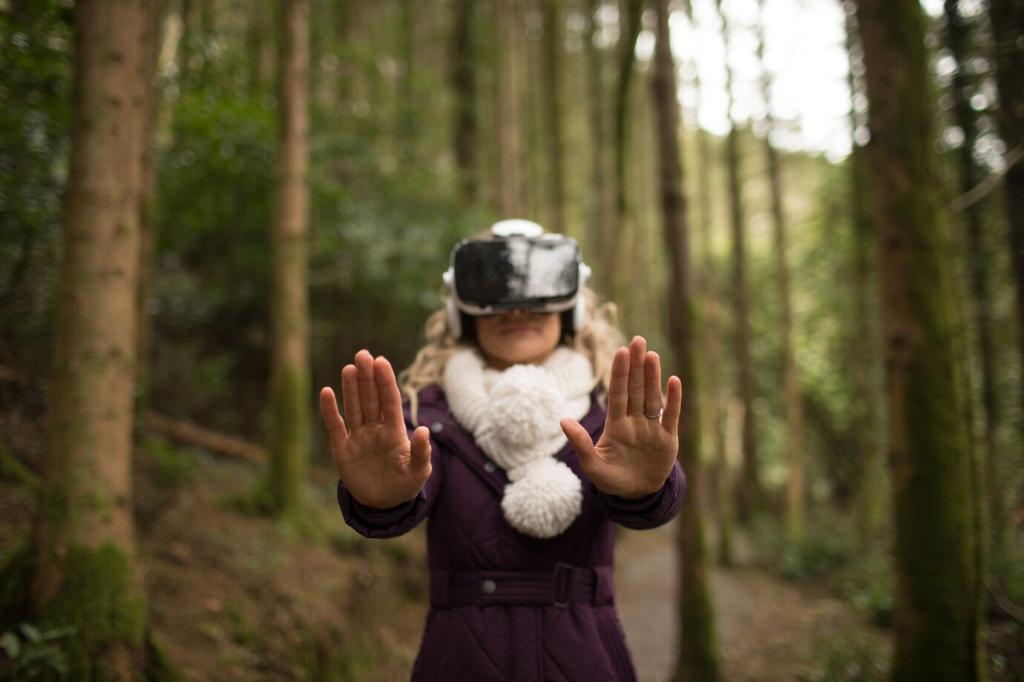Law, Policy, and Community Norms
Strong privacy laws push platforms to collect less and explain more. Clear retention schedules, portable data exports, and consent for analytics reduce surprises. When in doubt, respectful defaults—turned off unless truly needed—build trust with readers and contributors alike.
Law, Policy, and Community Norms
Articles on health, identity, or current events can affect vulnerable readers. Age‑appropriate prompts, careful handling of personal anecdotes, and strict bans on tracking young users protect exploration, ensuring that learning never compromises safety or dignity.





